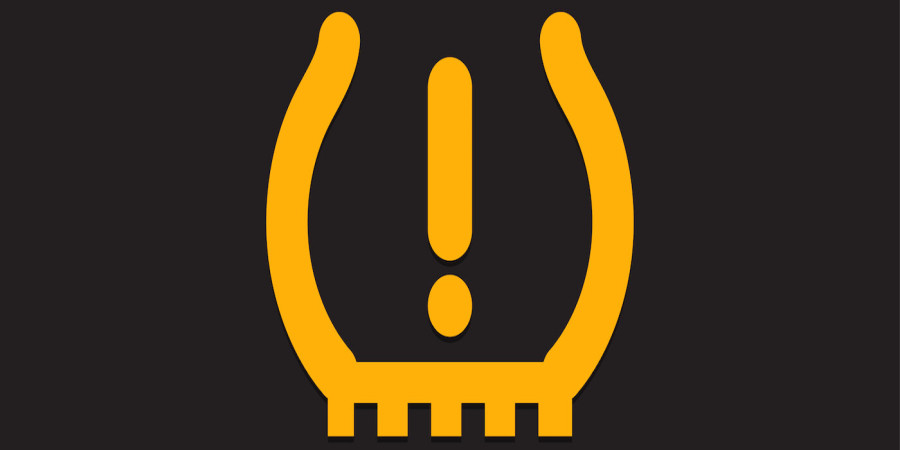

Understanding Your Toyota's Flashing Tire Pressure Light
Your car's Tire Pressure Monitoring System (TPMS) is a critical safety component designed to alert you to potential problems with your tires. When the tire pressure light on your Toyota's dashboard begins to flash, it's important to understand what it means and how to address it.
What Does a Flashing TPMS Light Mean?
Unlike a solid tire pressure light, which indicates low tire pressure, a flashing TPMS light usually signifies an issue with the system itself. Here are the most common reasons:
- Failing TPMS Sensor Battery: The batteries within the tire pressure sensors in each wheel have a lifespan of around 5-10 years. A flashing light often means one or more of your sensor batteries is getting low or has failed.
- Malfunctioning TPMS Sensor: Tire pressure sensors can malfunction due to physical damage, corrosion, or other issues. A flashing TPMS light might indicate a damaged sensor that needs replacement.
- System Initialization Error: After a tire change, rotation, or battery disconnect, the TPMS may need to be reinitialized. A flashing light can sometimes indicate that this process hasn't been completed correctly.
What Should You Do?
- Check Your Owner's Manual: Refer to your Toyota's owner's manual for specific instructions regarding your TPMS and how to respond to the flashing light.
- Inspect Your Tires: Visually examine your tires for obvious signs of underinflation. Even if there isn't a visible loss of pressure, use a tire pressure gauge to check the inflation level of all tires (including the spare) and adjust as needed.
- Reset the TPMS (if applicable): Some Toyota models have instructions for manually resetting the TPMS in the owner's manual. See if this resolves the problem.
- Visit a Dealership or Mechanic: If the problem persists, have a Toyota dealership or reputable mechanic diagnose and fix the issue. A scan tool can read any fault codes stored in the TPMS to pinpoint the exact problem.
Important Considerations
- A flashing TPMS light should not be ignored. A malfunctioning TPMS can't alert you to actual low tire pressure, which compromises safety.
- Low tire pressure can lead to:
- Reduced fuel efficiency
- Increased tire wear
- Poor handling
- Increased risk of tire failure
References:
- Toyota website - Tire Pressure Monitoring System
- Marietta Toyota - How to Reset the Tire Pressure Light: https://www.mariettatoyota.com/service/service-tips-tricks/how-to-reset-tire-pressure-light/
Disclaimer: Always consult your vehicle owner's manual and follow manufacturer recommendations. This blog post serves as general information only and should not be taken as a substitute for professional diagnosis or advice.
Popular articles

Apr 11, 2024 07:40 PM

May 25, 2024 08:09 PM

Apr 11, 2024 07:22 PM

Apr 10, 2024 07:59 PM

Mar 14, 2024 07:53 PM
Comments (0)